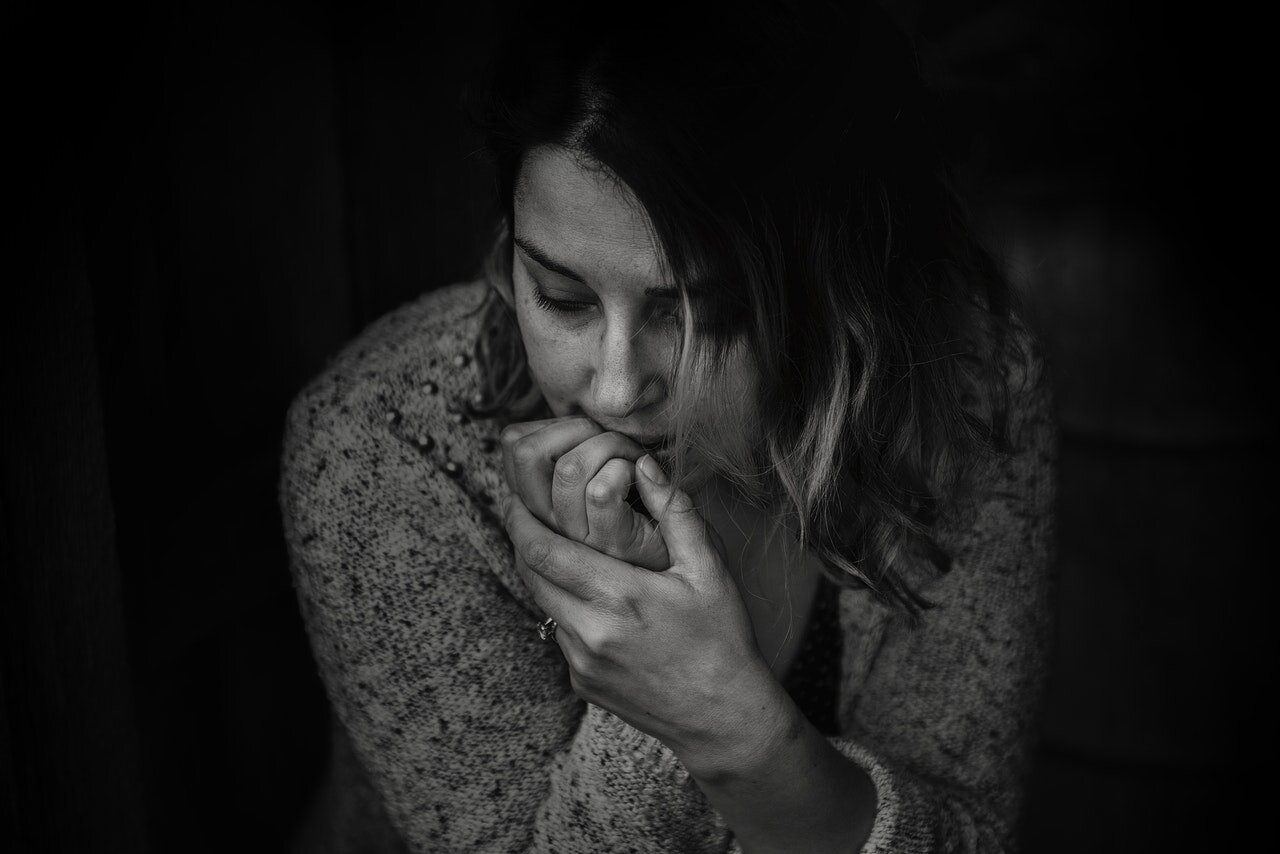Do you feel like you are constantly bombarded with crippling fear of what might happen? Are you continually running on adrenaline and feeling tired of how much you have to work just to deal with what may lie ahead? Do you see all kinds of terrible outcomes for what may lie ahead and have trouble relaxing because of them?
Fear of the Unknown is a Sign of the Times
As I have said before, we are living in a time where the unprecedented is becoming more and more common. We have political crises happening regularly, the ongoing pandemic, major economic instability, and environmental crises going on to top it all off. You may obsess about these things and imagine what horrific outcome you will suffer from as well. All this can lead to fear of the unknown, which can have a lot in common with anxiety.
How Fear of the Unknown and Anxiety Resemble Each Other
Both are typified by a lack of energy, and they can also leave you feeling listless and dull. Being afraid all the time can lead someone to have an anxiety disorder. In this case, you literally can’t respond to the immediate situation or may feel immobilized. This can, in turn, lead to more anxiety and panic at the snowballing of things that are bearing down on you. People can wind up feeling cut off from other so easily these days due to social distancing and the forced isolation of pandemic conditions. That is another factor and can lead people to ever worsening fear and anxiety. There are ways to counteract this cycle, which I hope you will consider below.
6 Ways To Cope With Fear of the Unknown:
Practice gratitude: this may seem silly, but take note of both small and big things that go your way. It could be a small act of kindness from a stranger, or a major experience of feeling spared. Find some way to acknowledge these things to find a positive pattern in them.
Limit exposure to news and media input. I can’t stress this enough. If you have cable news on much or most of the day, then change the channel or turn off the TV altogether. It only adds stress to your life.
Actively seek out support from friends and family. Find positive people who will encourage you. Go outside of your normal circle of family and friends to find a ‘family of choice’ that will be supportive instead confirm your fears.
Seek out opportunities to volunteer and make a positive difference. This may be more down the road than right now, but it is surprising how people can find ways to serve and help others. This alone can help people improve their mood and outlook.
Increase relaxation practices to help counter the effects of multiple crises. If you have some relaxation practices, then increase those or find some new ones. If you don’t do anything for relaxation, then ask your friends and family what are some things they do that aren’t self-destructive.
Take things one day at a time as much as possible. This can also boil down to just taking things an hour at a time or a minute at a time. Adopting a mindset of just getting through today can help keep people from getting overwhelmed by trying to figure out everything all at once.
What To Do You Still Can’t Vanquish Fear of the Unknown
Many people are insistent on self-help alone, but you don’t solve a problem at the level of the problem. In other words, the problem is at the level of your thinking and you can’t think your way out of a problem that started there. You need to reach out for support, and I’ve been helping people overcome anxiety for my entire 12 year social work career. If you’re not sure about whether I could help you or not, you are free to call me or fill out the form below to get a free phone consultation to get a better idea yourself about that. I use several different treatment modalities that can help you stop being paralyzed by fear and get your life back. You’ve got nothing to lose and the rest of your life to live in the fullest way possible. Don’t delay in overcoming your fear of the unknown!
Visit our page on anxiety therapy to find out more about how Scott can help you with fear.
About the author: Scott Kampschaefer, LCSW is a private practice therapist in Frederick, Maryland. He has an extensive background in working with depression, anxiety, and bipolar disorder at a clinic for older adults with these disorders in Austin. He now works with adults and adolescents 14 and up in private practice. His most recent book is titled The 5 Pillars of Addiction Recovery and is available for purchase on Amazon and in paperback on this website.

